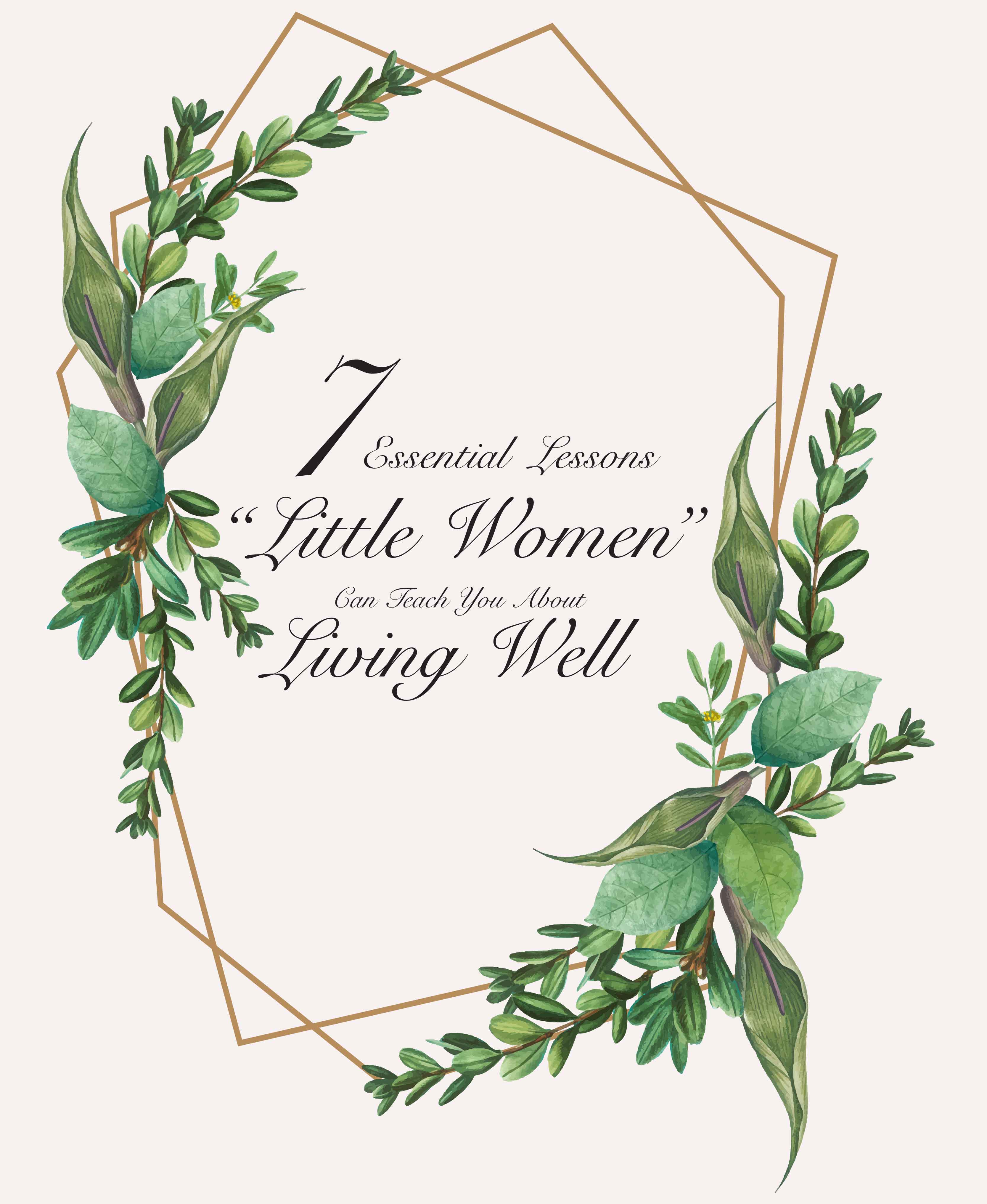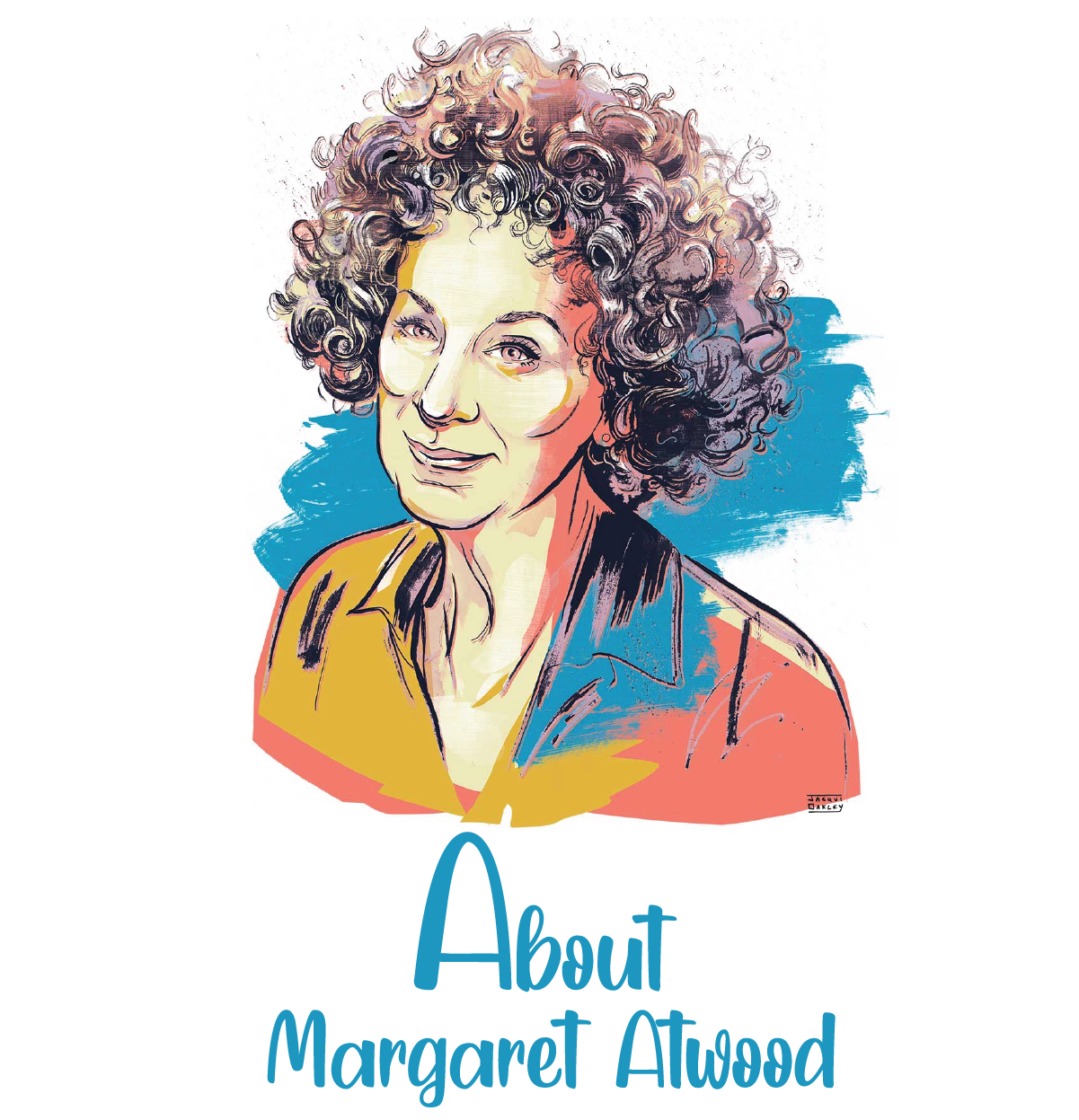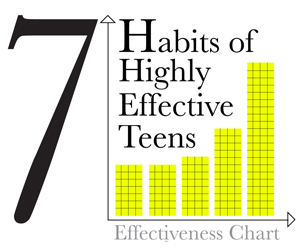I’d rather get bombed and die straightaway. Don’t make me lose a limb or something. I’ll be very upset,” quipped Singapore-based Dr. Lim Chin Siah who volunteers with the Nobel laureate Médecins Sans Frontières (MSF), also known as Doctors Without Borders.

Image: https://pride.kindness.sg/singapore-based-doctor-saving-lives/
By Adrianna Quek on
Article Source: https://pride.kindness.sg/singapore-based-doctor-saving-lives/
the fearless doctor page 066
Sporting a beard, a loose white tee, baggy khaki-coloured pants, and a pair of casual sandals, the laidback 36-year-old wasn’t typically what would conjure in one’s mind when thinking of the word ‘doctor’. He described himself as ‘bochup’ (meaning nonchalant in the Hokkien dialect), which seemed rather ironic given the fact that the guy repeatedly puts his life on the line in war-torn countries to save others.
A full-time consultant in the Department of Emergency Medicine at the Singapore General Hospital, where he has practised medicine for the past 12 years, Dr. Lim consistently juggles approximately half a year’s worth of unpaid leave to attend missions with the humanitarian organisation which renders emergency medical assistance in places afflicted with natural disasters, epidemics, and armed conflicts. His three missions so far, have found him much fulfilment.
“I can live on less things now,” casually joking about how much lighter his luggage on his recent third mission trip was compared to the first one. Perhaps light-heartedness was one of the things it took to be a frontline emergency doctor.
Nonetheless, these stints with MSF aren’t without sacrifices. Looking rather worn, the cheery doctor recounted, half in jest, how one of his missions abroad led to him missing his only brother’s wedding; the result of a one-month delayed flight back home which left him helplessly stuck in a far-flung province in Afghanistan.
“My mum was calling me and I was very stressed because I was the best man. What’s more, was the long-distance calls and poor reception. But whatever happened was beyond my control.” Cheekily adding that he wasn’t around for his nephew’s birth as well.

Dr. Lim Chin Siah with his colleagues from MSF. Photo by Anne Jimenez
Image: https://pride.kindness.sg/singapore-based-doctor-saving-lives/
Citing his most challenging mission to be also his most recent one, the doctor detailed his three-month stint in Saada, Yemen. It involved sudden influxes of patients, sometimes as many as 50 at a time, while active bombings meant that the grounds were regularly shaky. As much as he admitted that it was pretty stressful for him, Dr. Lim quickly remarked that the stress levels experienced by the local medical staff who permanently lived and worked there were much worse.
Despite having medical professional friends who were amongst the 42 fatal casualties in last year’s tragic Kunduz hospital airstrike, Dr. Lim expressed his ‘ideal’ hope to eventually become a full-time doctor with Médecins Sans Frontières.
“If MSF isn’t there, these people will have a zero chance of help at all. But at least if we’re there, we can give them a chance. We can’t save everybody, but for those whom we can, they definitely benefit from our presence.”
Beaming, he shared a photo of an Afghan boy not more than 10 years old, with plastic bags wrapped around his feet as shoes. The child had made a miraculous recovery after being in a coma for months, having suffered a shrapnel lodged in his head. We are unable to show the image as MSF has a policy not to distribute pictures of its patients. But the gusto in which Dr. Lim talks about this young boy makes it apparent that encounters such as these make him feel that his sacrifices are worth it.
Médecins Sans Frontières’ difficulties in recruiting

Kelly Dilworth, an anaesthetist, in the intensive care unit of the burns unit in Al Shifa (Gaza) where two brothers, 8 and 4 years old, are hospitalized after being severely burned when a missile fell on their house. Photo by Samantha Maurin/MSF Image: https://pride.kindness.sg/singapore-based-doctor-saving-lives/
Médecins Sans Frontières relies on dedicated individuals such as Dr. Lim Chin Siah, willing to be on the frontline.
In 2015 alone, 75 facilities assisted and run by MSF were attacked. Earlier this month, the international non-profit organisation announced its withdrawal from the World Humanitarian Summit (WHS), holding no hope that the WHS will be able to address the weaknesses in humanitarian action and emergency response, nor the repeated violations committed against MSF staff and patients in conflict zones.
“In general, it is difficult to recruit medical field workers for mission in war zones,” said Dr. Rhitam Chakraborty, the MSF Hong Kong Field Recruitment Manager.
The spokesperson added, “We always respect the individual’s decision in terms of accepting a mission be it in a war-torn or stable context. Security of our teams in the field is a top priority for us.”
There are in total just eight active field workers from Singapore. With regards to the lack in Singaporean medical professionals joining the organisation, MSF cited the ‘difficulty to leave their current stable job for 6-9 months, which is the usual availability period MSF asks for a nurse or medical doctor or non-medical profiles’, along with the lack of the organisation’s awareness in Singapore as possible reasons.
MSF faces the particular challenge in recruiting medical professionals with good experience in tropical medicine and infectious diseases, but it does believe that Singaporeans spreading and raising awareness about the humanitarian crises happening globally would help bring changes on the frontline.
As Médecins Sans Frontières has not been registered in Singapore, Singaporeans may donate to the organisation’s causes via its Hong Kong office at https://ssl.msf.hk/donate/en.
Aside from doctors, MSF is also in need of non-medical professionals for the efficient running of its medical activities and programmes. For those interested to work with MSF, kindly visit www.msf-seasia.org.
Dr Hakim Young – Singaporean Doctor Gives Up Practice To Help Afghan Refugees


























